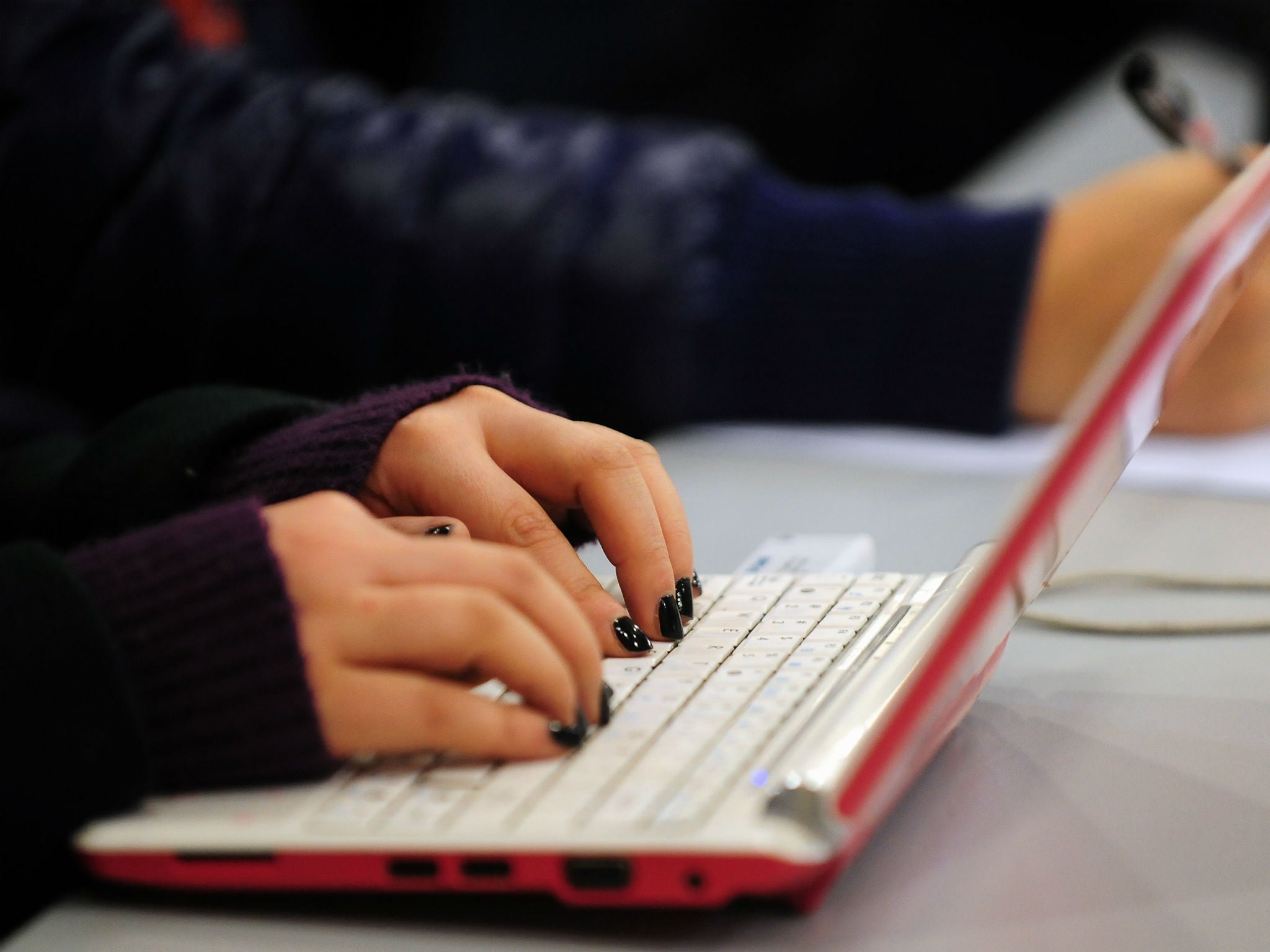Writing under a male name makes you eight times more likely to get published, one female author finds
Catherine Nichols received many more responses from agents as a man

Your support helps us to tell the story
From reproductive rights to climate change to Big Tech, The Independent is on the ground when the story is developing. Whether it's investigating the financials of Elon Musk's pro-Trump PAC or producing our latest documentary, 'The A Word', which shines a light on the American women fighting for reproductive rights, we know how important it is to parse out the facts from the messaging.
At such a critical moment in US history, we need reporters on the ground. Your donation allows us to keep sending journalists to speak to both sides of the story.
The Independent is trusted by Americans across the entire political spectrum. And unlike many other quality news outlets, we choose not to lock Americans out of our reporting and analysis with paywalls. We believe quality journalism should be available to everyone, paid for by those who can afford it.
Your support makes all the difference.JK Rowling opted against using first name 'Joanne' when selling her Harry Potter books, and now another female author has proven that hiding behind a male pseudonym can be the best way to grab publishers' attention.
Catherine Nichols had been met with disappointment after disappointment after sending letters to agents. Until she decided to use a man's name, that is.
Nichols contacted some 50 agents using her real name but only heard back from two. When she changed gender, however, she received responses from five out of six agents, including three manuscript requests.
It didn't take long for Nichols to identify the issue. "My novel wasn't the problem, it was me - Catherine," she wrote in an essay for Jezebel.
Nichols ended up with 17 manuscript requests from agents believing she was a male author.
"He is eight and a half times better than me at writing the same book," she said. "Fully a third of the agents who saw his query wanted to see more, where my numbers never did shift from one in 25."
The most interesting results came when Nichols sent the same agents letters using both her real name and pseudonymn.
"One who sent me a form rejection as Catherine not only wanted to read George's book, but instead of rejecting it asked if he could send it along to a more senior agent," she said.
"Even George's rejections were polite and warm on a level that would have meant everything to me, except that they weren't to the real me."
Nichols found that agents described George's work as "exciting" and "clever", without mentioning "whether his main characters were feisty" or "his sentences being lyrical".
Possible reasons why agents preferred her novel under a male name included the idea that it was easier to sell, that it is "unusual for a man to write a book with a female protagonist" and that with Nichols' real name, the book could have been considered "Women's Fiction" when that wasn't the genre she was writing for. Or, simply, unconscious bias.
Nichols has now found an agent and has edited her work using critiques she received as George.
Sadly, it seems Mary Ann Evans (George Eliot, Middlemarch) and the Bronte sisters were onto something when they wrote as men and not enough has changed in centuries after all. Sigh.
Join our commenting forum
Join thought-provoking conversations, follow other Independent readers and see their replies
Comments